Which is the best soil moisture sensor?
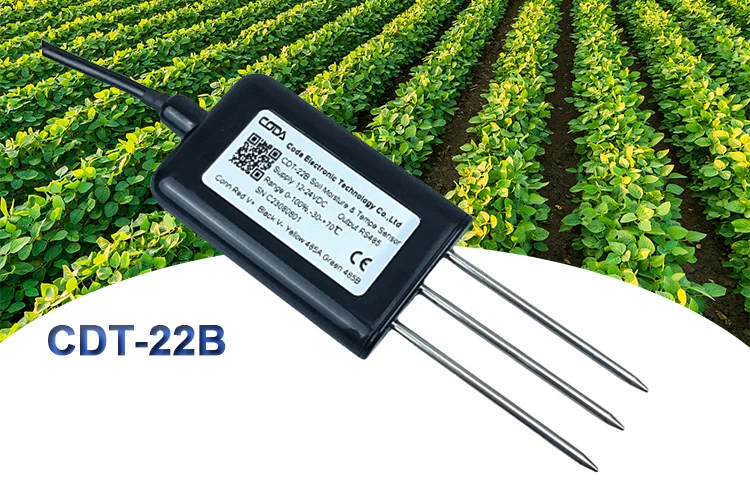
Choosing the best soil moisture sensor depends on your specific requirements and circumstances. Soil moisture sensors check how much water is in the soil. They do this by measuring electrical resistance, capacitance, or electromagnetic waves.
Rain Gauges Role in Agriculture
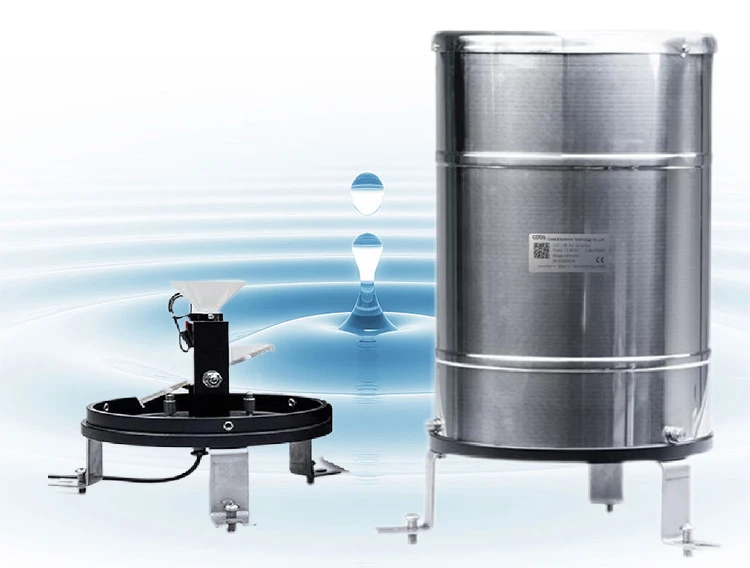
Rain gauges are important tools in farming. They provide benefits like better sustainability and improved precision farming. Using the data from these devices, farmers and agricultural managers can make smart choices. They can optimize water use, reduce risks, increase crop yields, and ensure long-term productivity in farming.
What are the 10 uses of anemometer?
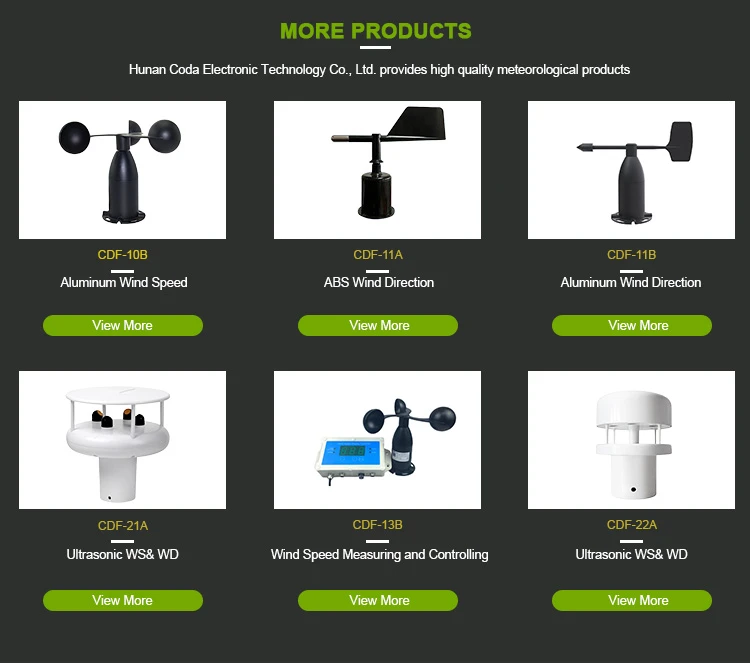
An anemometer is a device primarily used for measuring wind speed, but its applications span across various fields. Here are 10 notable uses of anemometers:
Weather station for agriculture
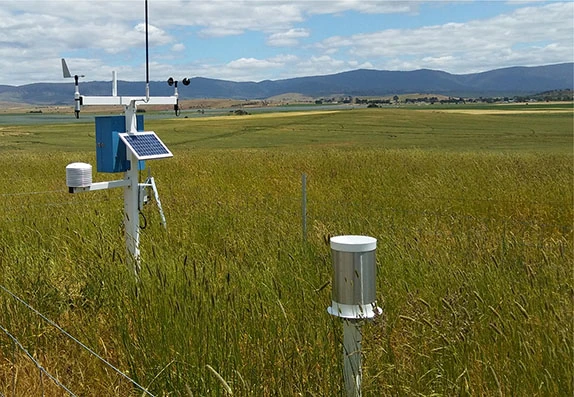
A weather station for farming is a valuable tool. It provides important weather data that helps farmers. This data aids in crop management, irrigation, pest control, and overall farm operations.
Pyranometer for measuring total solar radiation
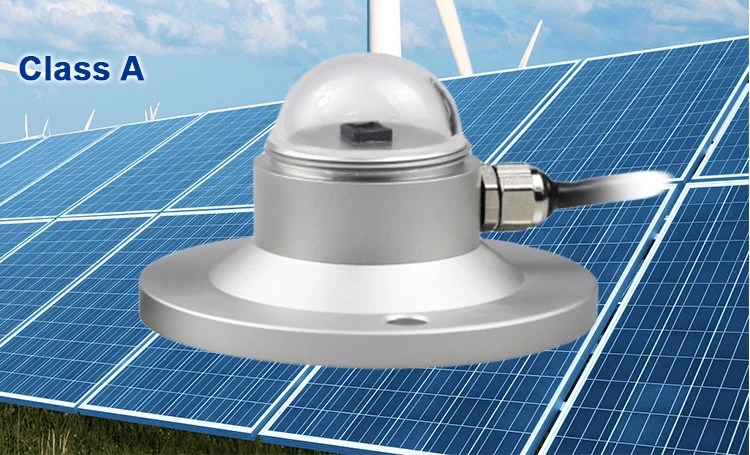
Pyranometer are specialized instruments designed to measure total solar radiation, or solar irradiance, received by a surface. These devices measure the sunlight that reaches a specific spot on Earth.
Why is a rain sensor important?
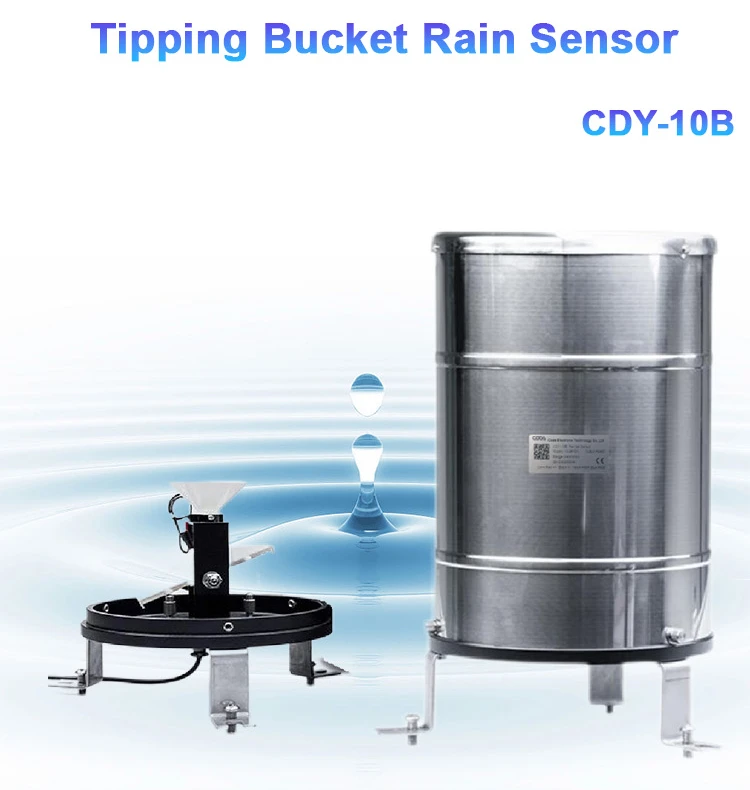
A rain gauge, also referred to as a rain sensor, is an instrument designed to measure precipitation accurately. It typically comprises a collection vessel and a recording mechanism.
What are the applications of soil moisture sensor?
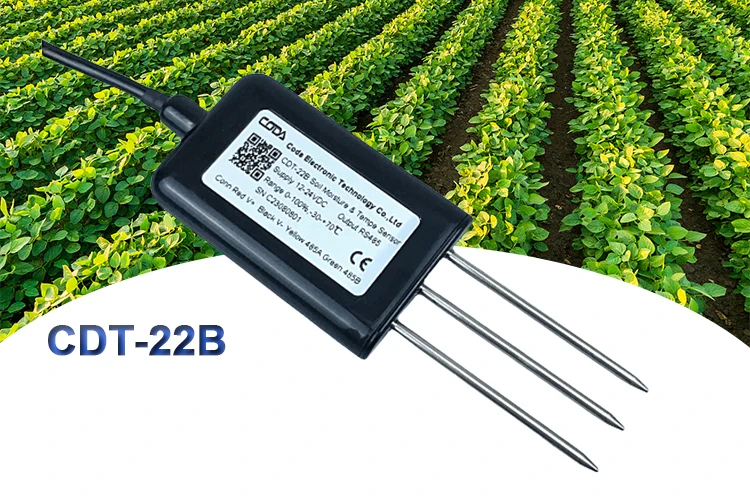
Soil moisture sensors have a wide range of applications spread across multiple industries and sectors. Here are the key areas where soil moisture sensing is commonly used
Applications of Temperature and Humidity Sensors
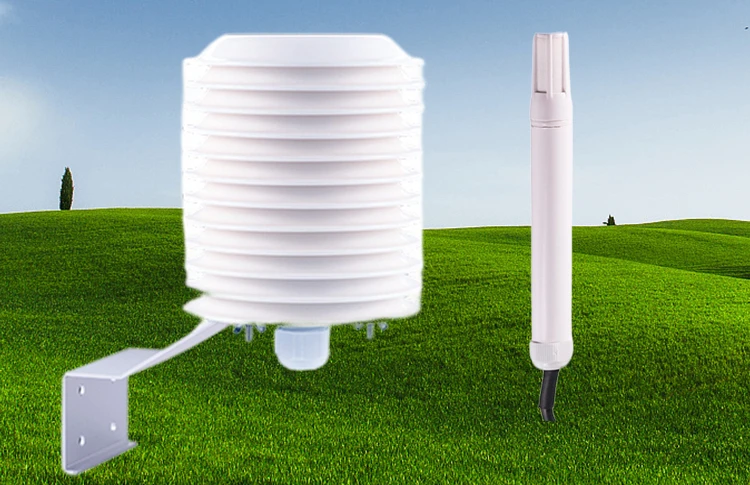
Temperature and humidity sensors are devices designed to measure both the temperature and humidity levels within a specific environment. These sensors use temperature-detecting parts, like thermocouples or thermistors, along with humidity-measuring elements.
What is the function of the meteorological station?
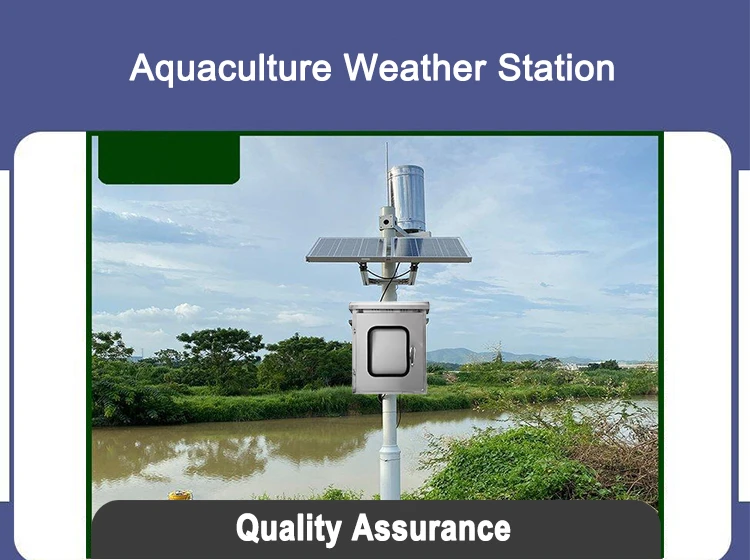
A meteorological station, also called a weather station, is a system with sensors. These sensors monitor and record environmental and atmospheric data in real-time. This includes factors like temperature, humidity, dew point, wind speed and direction, and atmospheric pressure.
Top 10 best smart sensors for farming
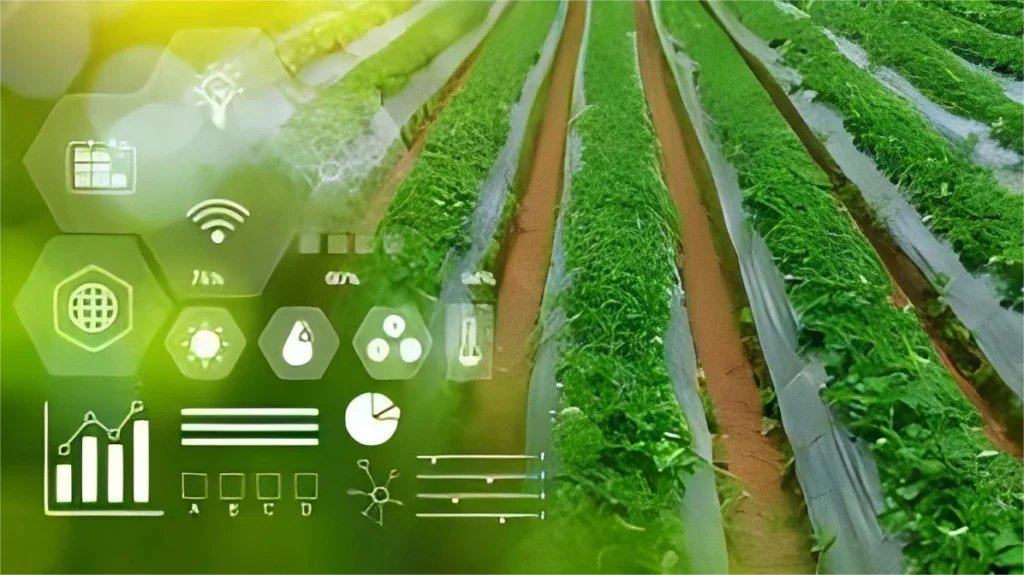
Smart farming, also known as precision agriculture, uses advanced technologies. These include information technology, the Internet of Things (IoT), big data, and artificial intelligence.
